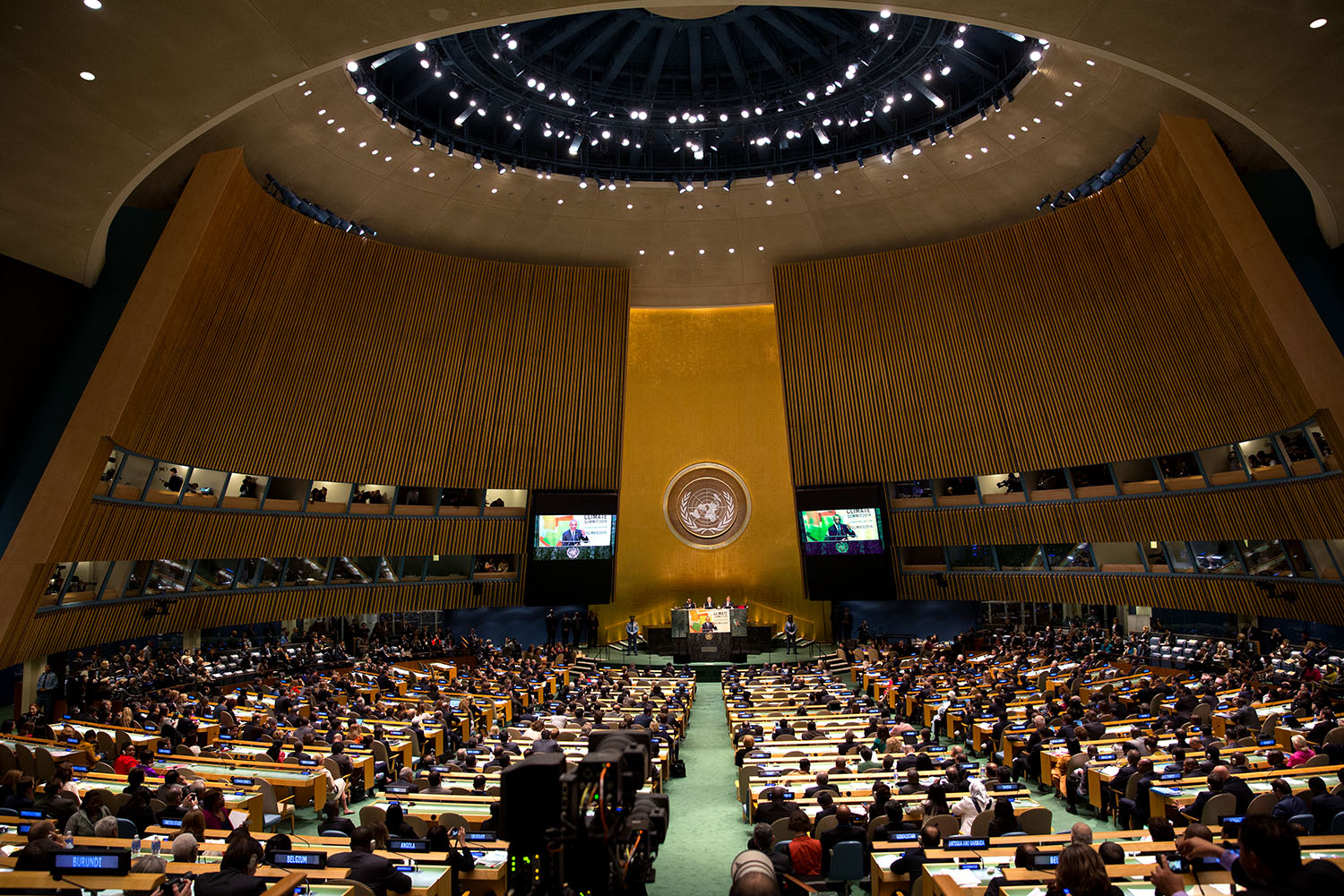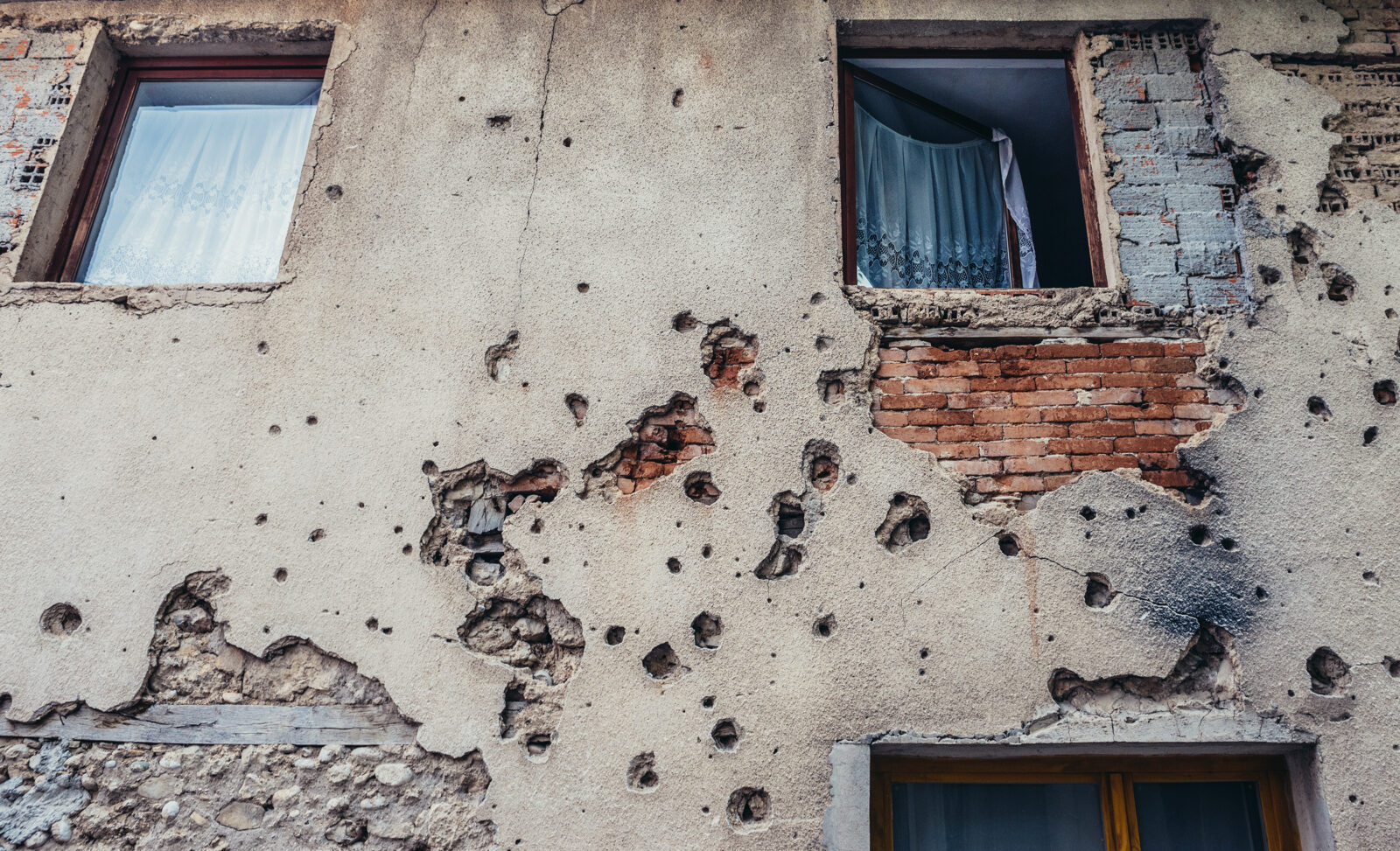
The Great Obama Retreat
Just before he was elected president in 2008, Barack Obama declared, “We are just five days away from fundamentally transforming the United States of America.” He may not succeed in his aim to transform the domestic landscape. Instead his legacy may be a different transformation entirely: a tectonic shift in America’s position in the world, diminishing America’s status abroad to Read More ›
